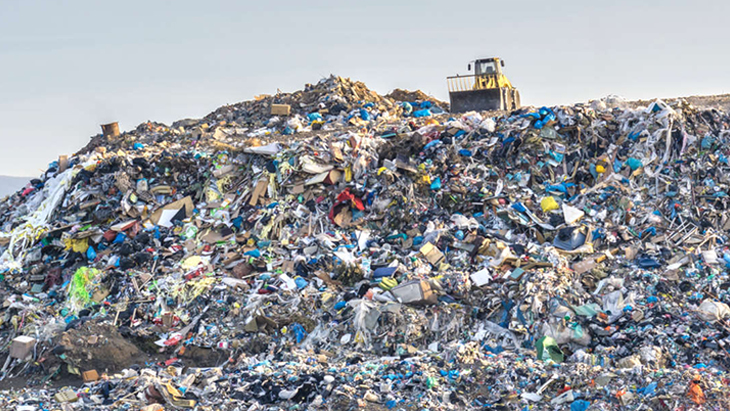By: Josh Davis/IFL Science One of the defining characteristics of the Anthropocene, the geological epoch we have recently ushered in, is the massive amount of plastics that we manufacture and discard. One of the reasons we use so much of it is because it’s difficult to degrade, but this also means that the billions of tons of plastic that we have produced are still hanging around in landfills and in the oceans.
Yet fascinatingly, this new environment is also attracting organisms that are seeking to exploit it. Researchers have found a species of fungus, known as Aspergillus tubingensis, that is able to feed off of plastic. In lab experiments, published in Environmental Pollution, scientists found that the mycelium of the fungus colonizes polyester polyurethane plastic, causing surface degradation and scarring.
This is not the first time that organisms have been found to be able to feed off plastic waste. There have been multiple discoveries of bacteria that are able to break down plastic, and earlier this year it was even found that a much bigger creature, the wax worm, can naturally degrade plastic, due to its similar structure to that of its natural food beeswax.
These findings, and the increased rapidity in which they are occurring, is interesting in a number of ways. While researchers have not yet figured out how we might harness this ability to break down the ghastly amounts of plastic we as a species are churning out and chucking away, it does show how we are creating entirely new environments. It also shows that life is doing what it always has and carving out a niche in which to live.
The most obvious use of such a process would be to degrade the mountains of plastic we currently have. The study found that after two months in a liquid medium, A tubingensis had degraded a sheet of polyester polyurethane to such a degree that it had effectively completely fallen apart. These experiments are early and very tentative, but show proof of concept that the use of such microorganisms can indeed break the plastics down.
There is also, however, a far more sinister side to all of this. One of the reasons that plastic has ballooned into ubiquity around the planet is because of the fact that in general, it is inert and therefore sterile. This has led to it being used in everything from food packaging to pacemakers to aviation. The fact that microorganisms are seemingly evolving to take advantage of this super abundant resource may one day be of significant concern.




